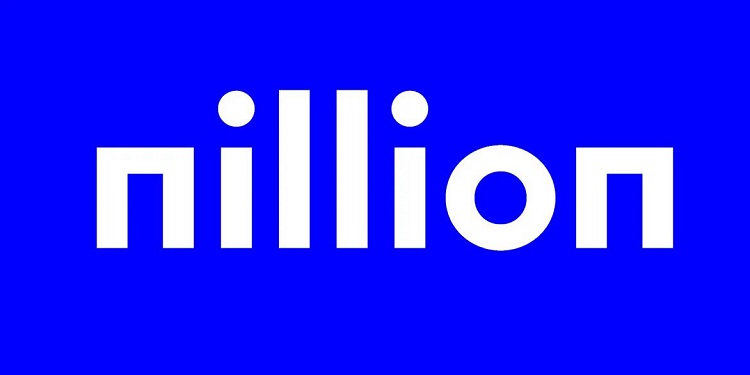In a significant move toward expanding decentralized infrastructure beyond traditional crypto use cases, Nillion has officially introduced its Enterprise Cluster. The initiative aims to offer privacy-centric computational capabilities to sectors such as healthcare, financial management, and enterprise data sharing—areas traditionally challenged by privacy and security concerns.
Telecom and Cloud Leaders Join Forces
Several major technology firms, including Deutsche Telekom, Alibaba Cloud, STC Bahrain, and Pairpoint by Vodafone, have been confirmed as node operators on Nillion’s decentralized compute platform. This collaboration marks a key step in Nillion’s broader mission to support privacy-critical applications through distributed systems.
The Enterprise Cluster is designed to help organizations deploy privacy-preserving applications without having to rely on centralized infrastructure or the limited privacy protections found in conventional blockchain platforms. With this architecture, encrypted data can now be processed securely across a decentralized network of nodes, eliminating the need to decrypt the information during computation.
Nillion’s co-founder and chief scientist reportedly explained that the platform now allows for privacy-first computing in a decentralized setting that is ready for enterprise-scale applications. This, he noted, represents a departure from conventional models that often compromise privacy to achieve scalability or computational flexibility.
Advancing Encrypted Computing
At the heart of Nillion’s offering is a novel approach known as Blind Computation. This technique enables encrypted data to be computed without the need for decryption, addressing one of the core challenges in data privacy and blockchain integration. The platform’s infrastructure provides a robust alternative to traditional models that often rely on keeping sensitive data off-chain or encrypting it on-chain—methods which, according to some experts, may not guarantee long-term privacy in the face of advancing quantum computing.
Founded to tackle these very dilemmas, Nillion recently made headlines for securing $25 million in a funding round, raising its total capital to $50 million. Prior to this milestone, the company had already established a presence in the blockchain space by integrating with the Aptos network, laying the groundwork for privacy-enhanced decentralized applications.
Rising Demand Amid Regulatory Scrutiny
Nillion’s launch comes at a time when privacy in blockchain systems is under intense regulatory scrutiny. In 2025, global authorities have increasingly directed their attention toward privacy-preserving tools, such as mixers, zero-knowledge proofs, stealth addresses, and self-custodied wallets. These technologies, while enhancing anonymity, are also being examined for their potential misuse.
Despite the regulatory concerns, the broader blockchain ecosystem continues to explore privacy-focused innovations. Areas like zero-knowledge proofs and decentralized identity are gaining momentum, with projects attempting to demonstrate that privacy and security do not inherently equate to illicit activity.
Experts in the field have raised concerns that simply encrypting data on-chain does not ensure durable privacy, especially with the rapid evolution of quantum computing. In light of these challenges, Nillion’s approach to decentralized and encrypted computation offers a timely alternative that could redefine how enterprises handle sensitive data in a digital-first world.
As privacy debates remain unresolved and regulations tighten, Nillion’s Enterprise Cluster positions itself as a practical solution for industries seeking to balance innovation, security, and regulatory compliance in a decentralized framework.



